Last night, the Los Angeles Rams and the New England Patriots played Super Bowl LIII. It was one of the worst exhibitions of professional football in a long time, and certainly the most boring Super Bowl to date. Enough people will be writing about that game today, but I see it as an opportunity to further discuss the NFL’s SUPER BOWL® trademark. And this is why:
The NFL is a known trademark bully. Someone should petition to cancel its SUPER BOWL® trademark registration. And I think I have found a way for this petition to be successful. The NFL fraudulently acquired the registration and it should be canceled.
Continue reading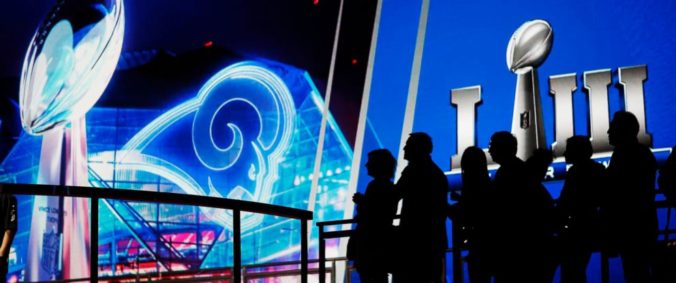
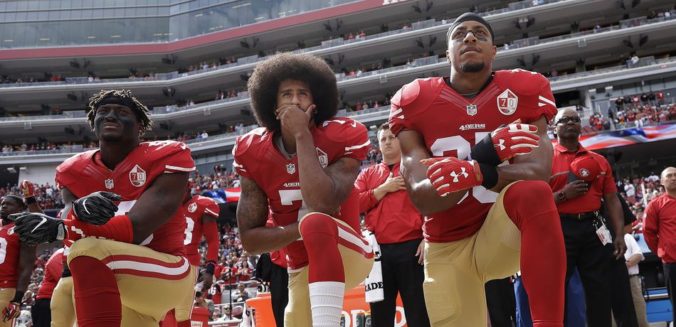
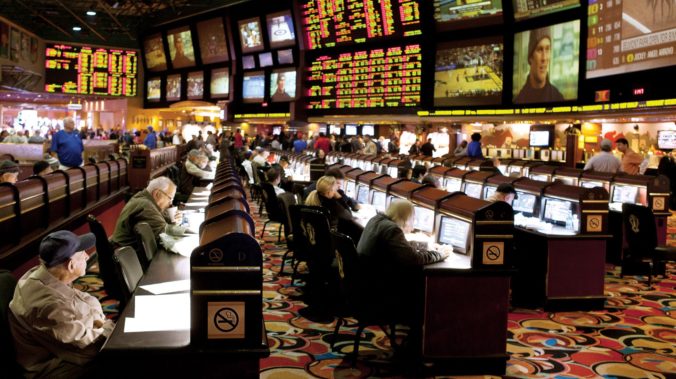

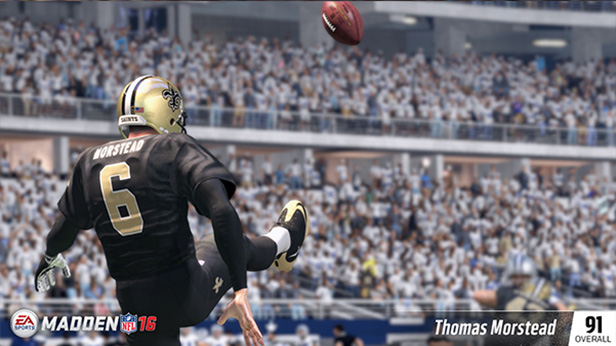
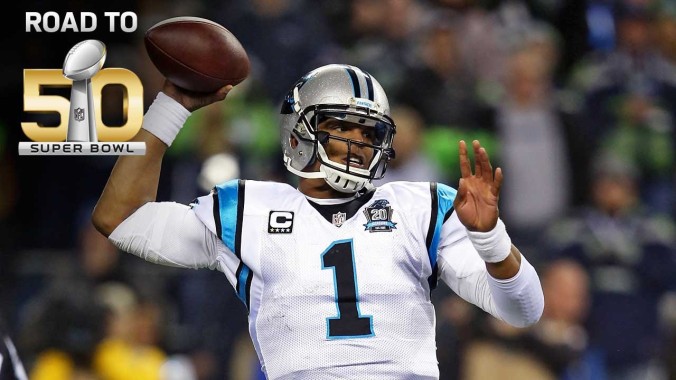
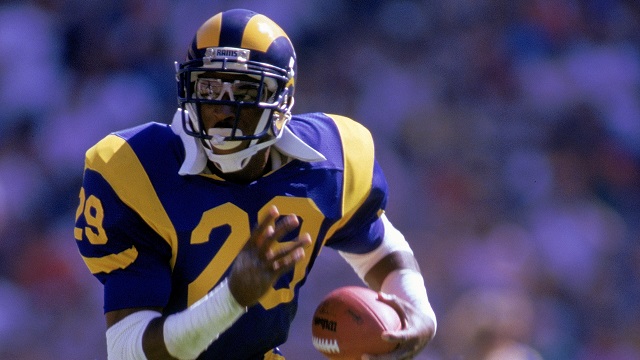
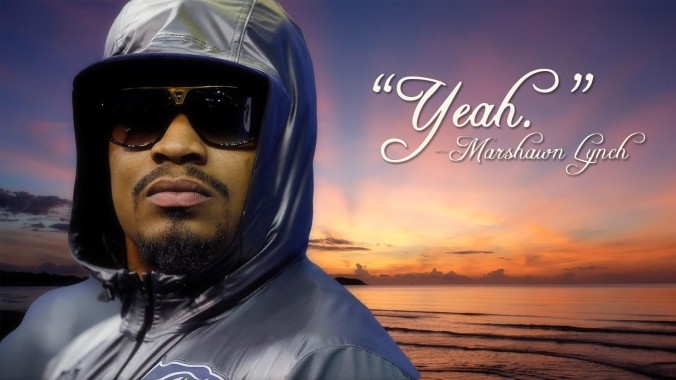
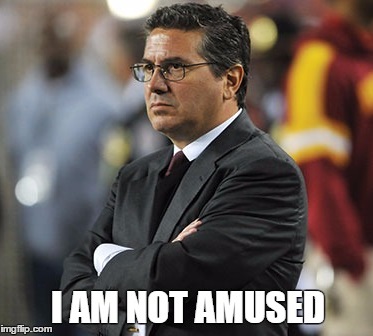
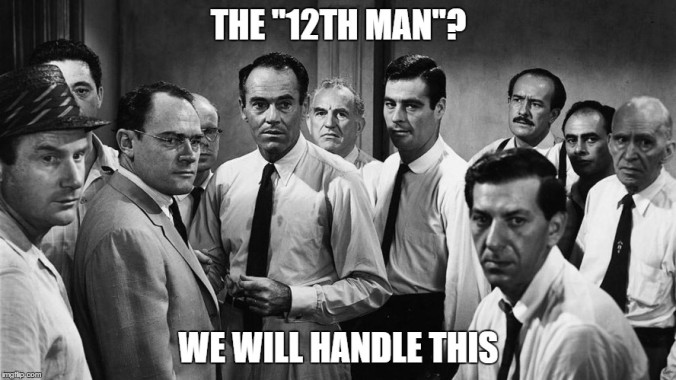
Recent Comments